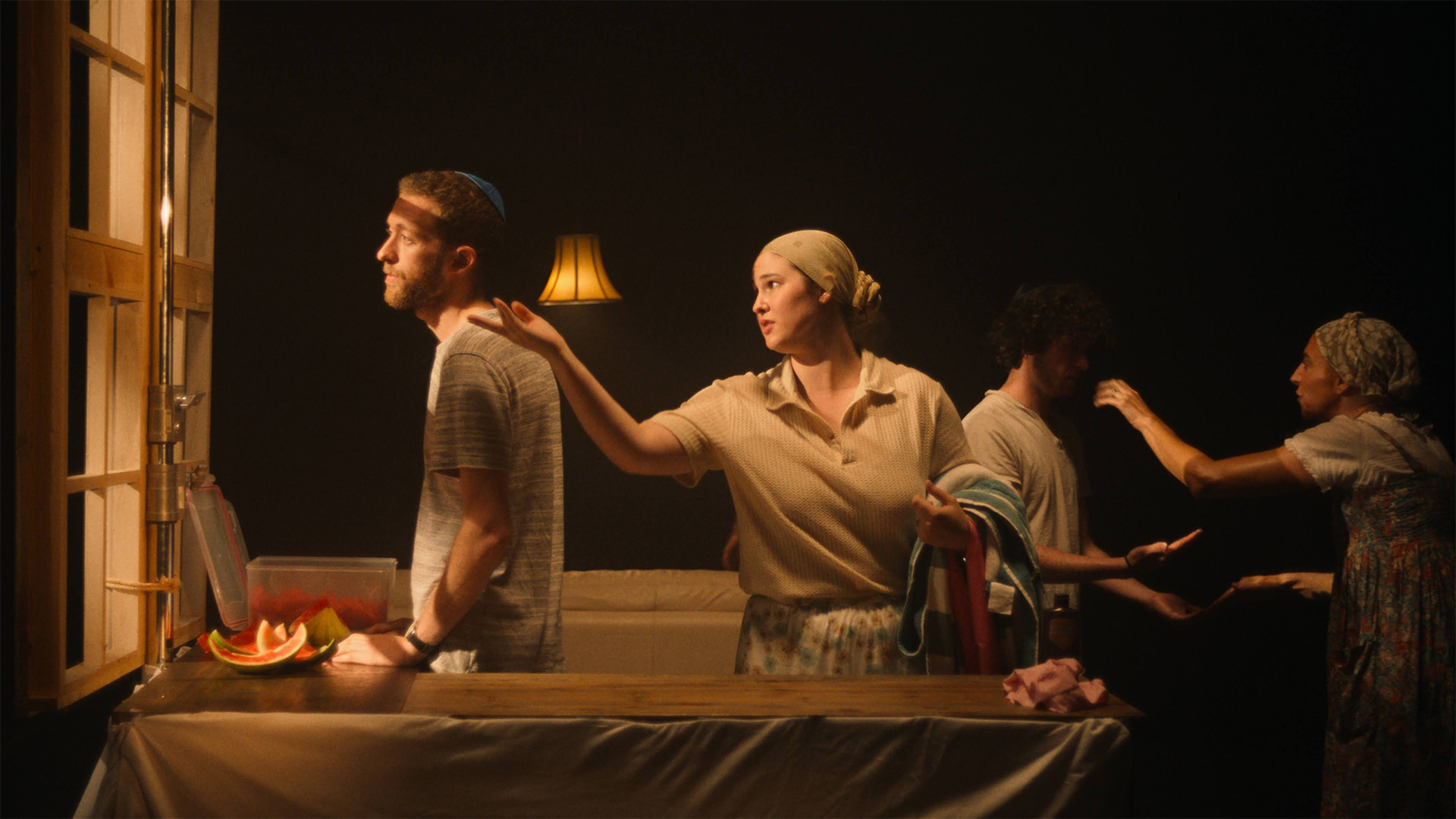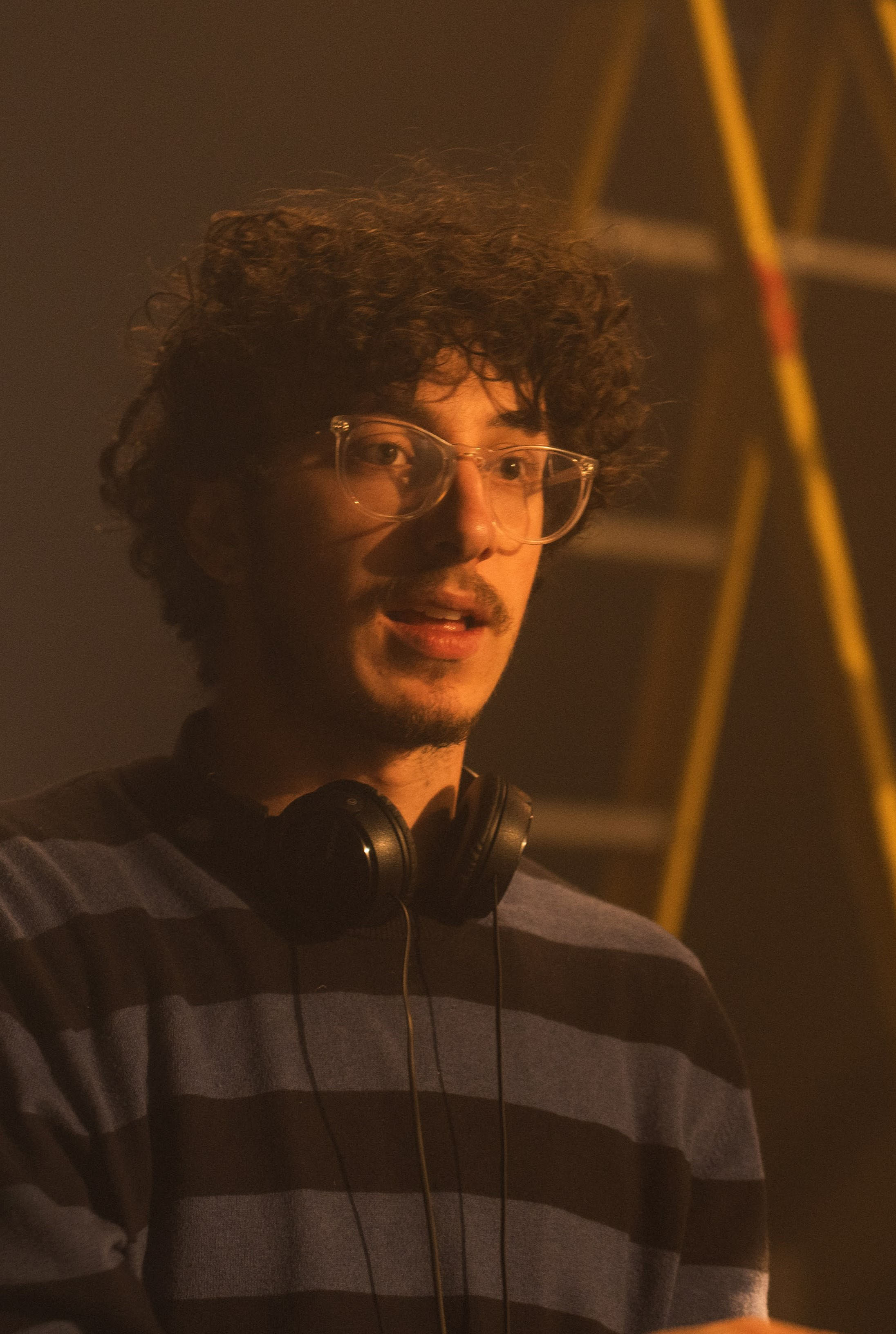My first professional short film Seven Jewish Children: A Film For Gaza was released on YouTube on 1 April. The film is an adaptation of Caryl Churchill’s 2009 play and, following Caryl’s guidelines for performance of the play, it is raising funds for the Medical Aid for Palestinians organisation. Structured around seven scenes, each depicting Jewish families grappling with how to protect their youngest daughter amid shifting historical and political landscapes.
These backdrops span from the Russian pogroms to the Holocaust’s aftermath, from the difficult decision to leave Europe for Israel to the unsettling realisation that their new home once belonged to someone else. The narrative then moves through the euphoric Israeli celebrations of the 1967 Six-Day War, life in the settlements, and finally ends in 2009 during Operation Cast Lead.
- I’m an Israeli who helped survivors of 7 October attack. Here’s why we need a ceasefire in Gaza
- ‘It’s hell on Earth’: British doctors recall seeing ‘unimaginable suffering’ in Gaza
- ‘War is madness’: Steve McQueen and Saoirse Ronan on Britishness, trauma and new drama Blitz
At its core, Seven Jewish Children is a study on how trauma shapes identity and how an oppressed people, through historical and political circumstances, can become oppressors themselves. It is about inherited fear, generational pain, and the gradual psychological shifts that allow one to justify actions once deemed unthinkable. 15 years after the play was first performed at the Royal Court, I believe it remains just as, if not more, urgent.
I was born and raised in Boulder, Colorado, but I’ve always introduced myself as Israeli-American. My parents are Israeli, my sister was born there, and my childhood was punctuated by annual visits to my grandparents.
In the summer of 2022, as my grandfather’s battle with cancer reached a critical stage, my father and I traveled to Israel to be with him. My father Ami Dayan, an actor and theatre director, took me to see his best friend Dori Parnes’ genius new translation of Hamlet. After the show, over coffee, Dori brought up Caryl Churchill. He spoke of her with immense admiration and respect, but also with frustration.
Just weeks prior, the European Drama Awards had revoked Churchill’s lifetime achievement award over accusations of antisemitism citing Seven Jewish Children and her support for the BDS movement. In response, Dori was organising a petition among Israeli artists supporting Caryl and calling for the award to be reinstated.






